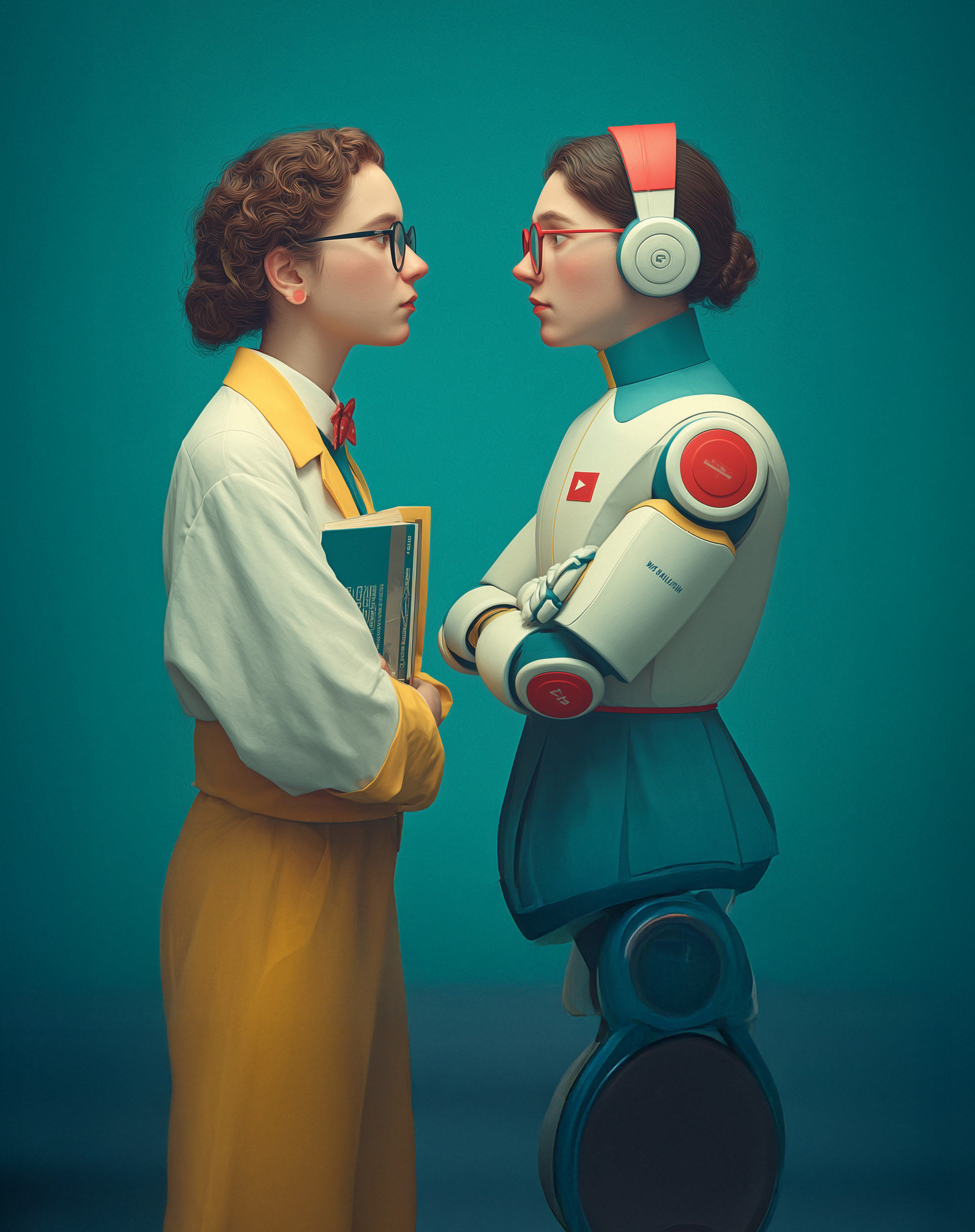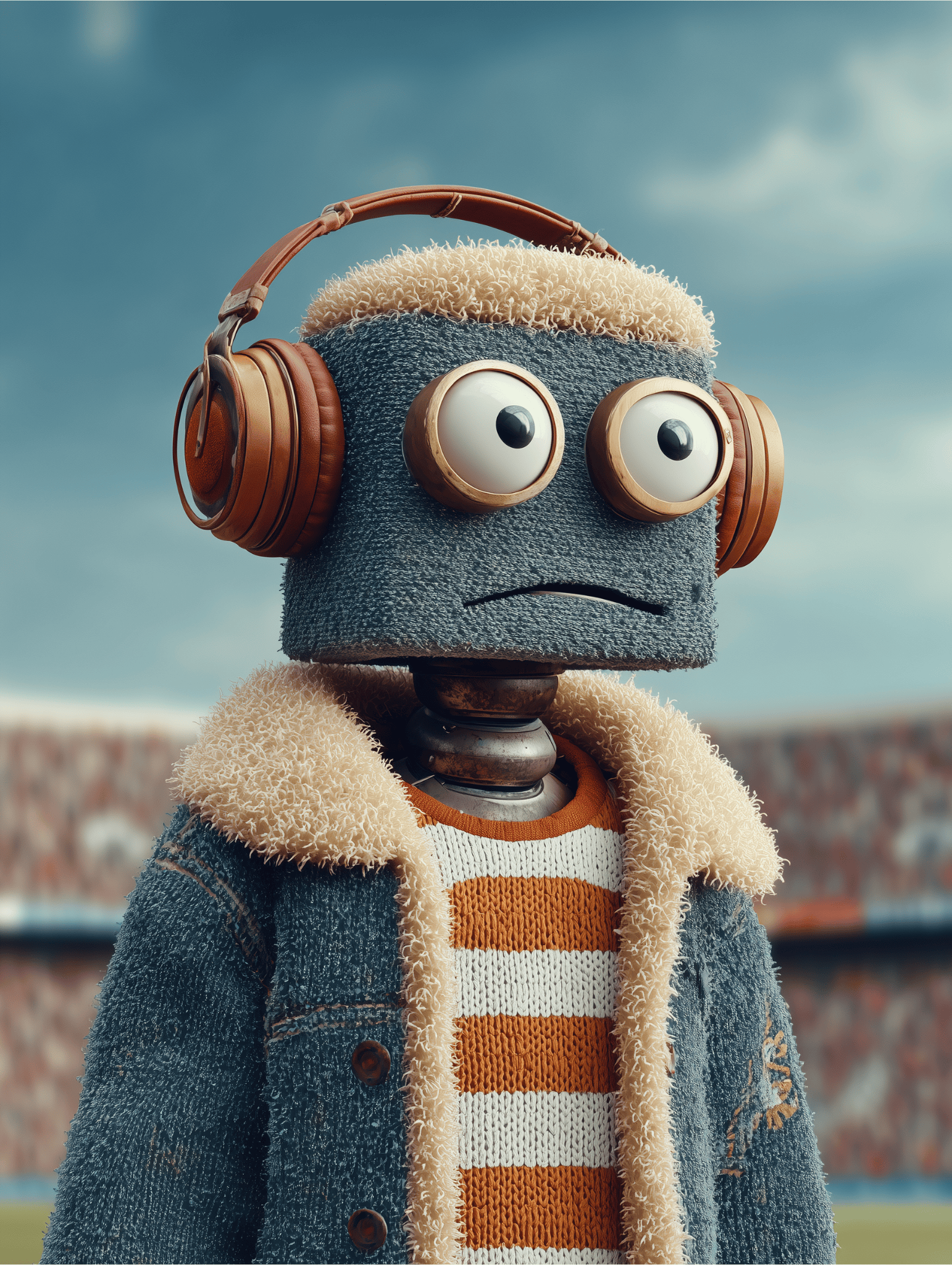AI is no longer a futuristic buzzword in recruitment – it’s already here, filtering resumes, screening candidates, and even predicting who might quit in a year. It promises speed, efficiency, and objectivity. But let’s not kid ourselves: automating human decisions isn’t neutral, and it certainly isn’t simple.
The question isn’t whether we can use AI in recruitment – it’s whether we should trust it to shape our teams, cultures, and futures.
Let’s look at what AI can do – and what it could easily mess up.
The Upside: Why AI Could Revolutionise Hiring
- Speed That Humans Can’t Match
AI can scan thousands of resumes in seconds, shortlist top candidates, and automate first-round communication. What used to take days now takes minutes. It’s a recruiter’s productivity dream.
- A Shot at Reducing Human Bias
Done right, AI can ignore a candidate’s name, gender, or background and focus purely on skills and experience. In theory, it’s more objective than the subconscious biases we all carry.
- A Smoother Candidate Experience
Chatbots that respond 24/7, auto-scheduling tools, and tailored updates – AI can keep candidates in the loop and reduce that “application black hole” feeling.
- Better Data, Smarter Decisions
AI doesn’t just help with sourcing – it can predict future performance, identify flight risks, and analyse hiring patterns you’d never spot manually.
The Flip Side: What We Can’t Ignore
- AI Learns from Us – Biases Included
If the data feeding your AI is biased (it almost always is), the algorithm will quietly mirror those flaws. Even worse, it can make them seem objective and “data-backed.”
- Black Box Decisions
Many AI tools don’t show how they reach their conclusions. That’s a huge problem. If someone is rejected, can you explain why? If not, that’s not hiring – that’s gambling with people’s futures.
- Humans Aren’t Just Data Points
AI can’t read a room. It can’t gauge emotional intelligence, leadership presence, or that feeling you get when someone’s just the right cultural fit. Over-relying on tech risks missing the soul behind the résumé.
- Candidate Trust Is Fragile
When applicants find out a machine is making key decisions, it can feel impersonal – or worse, unfair. Transparency isn’t just nice to have; it’s essential for trust.
So, Is AI in Recruitment a Smart Move?
Yes – but only if we stop treating it like a silver bullet.
AI can be a brilliant assistant, but it must never be the boss. The best hiring outcomes come when tech handles the busywork and humans bring the judgment, empathy, and context.
This isn’t about choosing between AI and people. It’s about building systems where AI empowers recruiters – not replaces them.
If you’re using AI to make hiring faster, good. If you’re using it to make hiring better, even better. But if you’re using it to avoid hard decisions or cut corners on inclusion, fairness, or transparency?
That’s not innovation. That’s irresponsibility.
Key Takeaways
| Uses for AI in Recruitment | What AI Can’t Replace |
|---|---|
| Speed up sourcing and screening | Human intuition and emotional insight |
| Filter for skills and experience | Cultural fit and soft skills |
| Reduce some bias — if built carefully | Explain itself clearly in many cases |
| Improve candidate communication | Earn trust without transparency |
AI in recruitment isn’t risky business because it’s smart – it’s risky business because it’s being used without enough care, oversight, or accountability. The future of hiring belongs to companies that combine human empathy with smart tools, not those chasing efficiency at the cost of ethics.
Use AI boldly. But use it wisely. Your next great hire – and your reputation – might depend on it.






